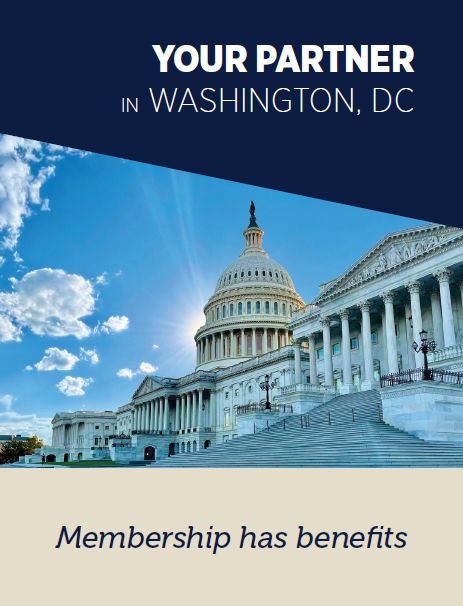Individually and collectively, NAICU's members are the heart and soul of what allows it to be an effective advocacy organization, a passionate champion, and a loud and spirited voice for private, nonprofit higher education. NAICU's members help determine its organizational agenda, and play a critical role in the Association's success in achieving its policy objectives.
NAICU is instrumental both in shaping higher education policy, and in assisting its members with issues at the intersection of the institution and the federal government. Year after year, NAICU members have demonstrated that their collective voices produce positive outcomes in Washington. Together with our members, we have successfully fought back against drastic measures and won.
NAICU's nearly 1,000 member institutions include major research universities, church-related colleges, historically black colleges, art and design colleges, traditional liberal arts and science institutions, women's colleges, two-year colleges, and schools of law, medicine, engineering, business, and other professions.


The NAICU membership also includes a rich array of associations serving various subsets of private colleges and universities. A core and historical component of the NAICU membership has been the National Association of Independent College and University State Executives (NAICUSE), which represents 38 states, the District of Columbia, and Puerto Rico, and the Secretariat, 26 members representing the many regional and special purpose independent colleges and universities.

NAICUSE represents private colleges in state houses throughout the nation, and is an integral partner in support of private, nonprofit colleges and universities.

The NAICU Secretariat is composed of 26 private college and university organizations, comprised of many different faith-based associations, women’s colleges, work colleges, colleges of art and design, medical specialty, and regional groups.

Beyond its membership, NAICU is also affiliated with organizations and initiatives that advance the interests of private, nonprofit colleges and universities, and advocate on behalf of the students they serve

